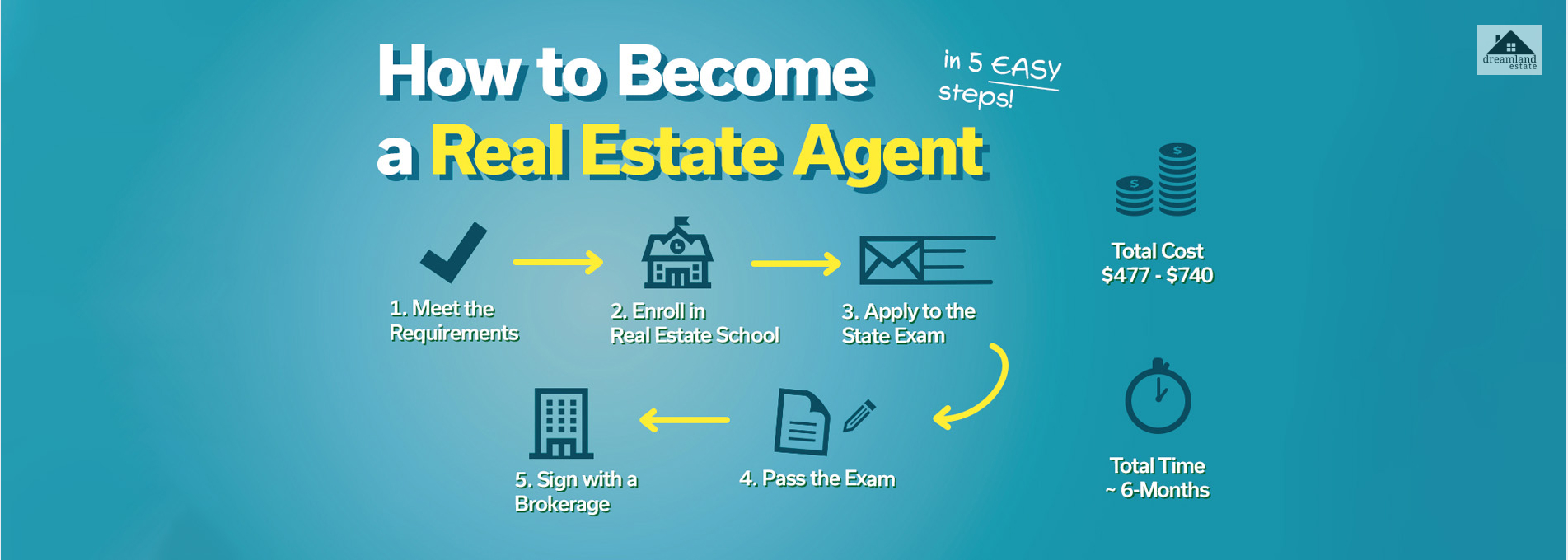The Residential Landlords Guide To Property Compliance And Surveys

It’s crucial for landlords to fully understand all the requirements and regulations surrounding your property.
This is essential for the safety and well-being of your tenants. These regulations and requirements will slightly differ depending on different factors such as your location or age of your house for example. That’s why it’s important to read more about requirements and regulations and fully understand this to prevent putting your house and tenants at risk.
Understanding Property Compliance and Surveys
Property compliance refers to the adherence to regulations and standards set by local authorities and governments. This is to protect tenants and ensure the safety and quality of living conditions in rental properties. This will involve conducting regular inspections, obtaining certifications, and being there to address any other issues that might come up. This is all the responsibility of the landlord.
Surveys are similar to this, and professionals assess them. These surveys ensure the landlord follows all regulations and requirements and are there to help identify and address any issues. There are various types of surveys for rental properties such as building surveys, electrical installation condition reports (EICR), gas safety checks, and fire risk assessments.
Key Regulations
These regulations vary between different states as the government enforces them. For example, there may be slightly different regulations for colder climates or vice versa. However, there are key regulations that will be the same in every state. The implementation of these regulations helps avoid any disastrous accidents, such as gas or electrical fires.
- Gas safety regulations: Landlords must have annual gas safety checks that a registered professional must conduct; upon passing these checks, tenants will be provided with a certificate.
- Electrical safety regulations: Landlords must test all the electrical installations and appliances to ensure they are safe.
- Fire safety: Properties must comply with fire safety regulations. This will include providing smoke alarms and carbon monoxide detectors on each floor and ensuring there are escape routes in the property.
Energy performance certificates (EPC): This will rate the energy efficiency of a property. One must do it before a property goes for rent, and tenants must receive the certificate.
Importance of Compliance
Compliance is extremely important for any landlord and their rental properties to ensure safety. Without it, the consequences could be potentially life-threatening. By conducting regular compliance checks and surveys, any issues can be identified quickly and resolved. This is also extremely beneficial to the landlord as finding issues early means the cost to fix it will most likely be less especially if you identify an issue before too much damage is done.
This will also help landlords maintain a good reputation and relationship with their tenants, attract reliable tenants, and make the whole process of renting out your property a lot easier. Tenants are more likely to choose a property that meets all standards and has all the necessary certifications.
Legal Requirements for Landlords
For all landlords renting out their property, they must also meet legal requirements. Again, these are to protect tenants and ensure they live in a property that meets quality standards and is safe for tenants.
These requirements include:
- Providing a safe and habitable property for tenants
- Conducting regular inspections and maintenance
- Obtaining necessary certifications and providing them to tenants
- Addressing any issues or hazards promptly
- Keeping records of inspections, maintenance, and certifications
Legislation For The Landlords: Key Things To Know
The landlord must know their respective country’s laws and legislation. Even the landlords have some compliances and legal elements that need to be taken care of. However, most lawyers need to improve the laws and legislation. However, you need to understand some of the legal areas you must understand if you are looking to offer your property for rent.
Obtaining The “Consent To Let.”
You may think the property is yours and can easily offer it to anyone for rent, but we think you have to consider it. As the owner of your property, you need to get the necessary permission from people or organizations like the insurance company or mortgage lender. You have to ensure that the property does not contravene the pre-existing agreement.
The Maintenance Of The Property
If you are a tenant, you need to have a thorough knowledge and awareness of the maintenance of your property. While offering your property to the tenant, both of you have to sit and frame laws and policies on property maintenance. If you do not make these laws, the properties’ control and maintenance may completely go away from your hands.
Gas Safety Inspection
Gas safety is one issue that must concern both the landlord and the tenants. Both parties can ensure each other’s safety and security through the gas safety framework. Let us give an example. In England, the Housing Health and Safety Rating System is one of the main enforcement tools through which the local council addresses the condition of privately rented homes. The country’s gas safety is regulated with the help of the Gas Safety Regulations 1988. Here, the landlord needs to procure the safety certifications.
Procuring The Landlord’s Licence
In many countries, you may be required to procure a landlord’s license. For instance, in the UK, if five or more members occupy the property, that is, two or more households, the entire thing falls under the licensing requirements. Not only this, but in the UK and Wales, a blanket rule applies to these occupiers. There, the councils can introduce selective or additional licensing schemes. Ultimately, the ecosystem helps the local authorities maintain a right note on the rented property.
What Else?
Other than this, the landlord needs to be compliant with the electrical safety regulations for the landlords. They must also comply with the Carbon monoxide and smoke alarm regulations. The landlord of a property must be aware of the laws, legislations, and discussions above.
Bringing the discussion to a close, property compliance and surveys are essential for residential landlords to ensure the safety and well-being of their tenants.
Read Also:












Leave A Reply